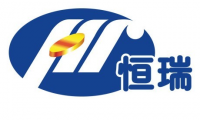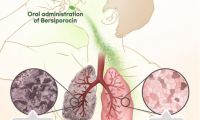-
Hengrui Medicine’s immunosuppressant tacrolimus sustained-release capsules were approved for marketing in the United States
- Source: drugdu
- 320
- January 31, 2024
-
FDA Grants Priority Review to AstraZeneca and Daiichi Sankyo’s Enhertu for HER2+ Solid Tumors
- Source: https://www.pharmexec.com/authors/pharmaceutical-executive-editorial-staff
- 313
- January 31, 2024
-
EMA to support establishment of the African Medicines Agency
- Source: drugdu
- 282
- January 31, 2024
-
New Adjuvanted Recombinant Herpes Zoster Vaccine Phase I Clinical Study in China Completes Enrollment of First Batch of Subjects
- Source: drugdu
- 342
- January 31, 2024
-
Hengrui Pharmaceuticals’ Immunosuppressant Tacrolimus Extended-Release Capsules Approved for U.S. Marketing
- Source: drugdu
- 276
- January 31, 2024
-
EMA Grants Bersiporocin Orphan Drug Designation
- Source: https://www.pharmexec.com/authors/mike-hollan
- 430
- January 31, 2024
-
Globus lays off Nuvasive employees after merger
- Source: drugdu
- 330
- January 30, 2024
-
Building a Digital Stockpiling Strategy One Shelf At A Time
- Source: drugdu
- 421
- January 30, 2024
-
Biosimilar Insulins Promise Patients New Choices, But Competition Is Still Lacking
- Source: drugdu
- 393
- January 30, 2024
-
Citing Severe Health Risks, FDA Issues Warning Against Using Tianeptine Products
- Source: drugdu
- 352
- January 30, 2024
your submission has already been received.
OK
Subscribe
Please enter a valid Email address!
Submit
The most relevant industry news & insight will be sent to you every two weeks.

















